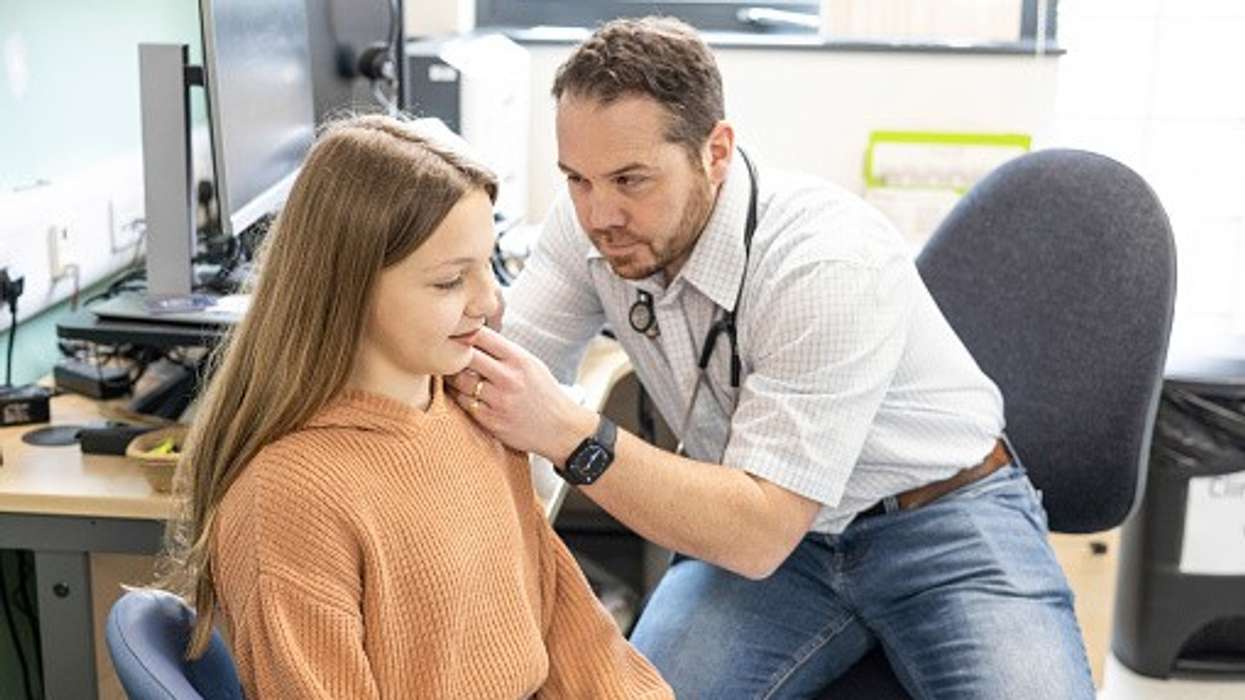The PDA has also raised questions around patient safety as the number of pharmacy premises' routine inspections have declined
In a recent report, the Pharmacists' Defence Association (PDA) has voiced significant apprehensions regarding the efficacy of pharmacy inspections conducted by the General Pharmaceutical Council (GPhC).
Highlighting the GPhC's statutory duty to oversee pharmacy premises and the standards therein, the PDA underscored a notable decline in routine inspections coupled with a surge in reported concerns.
According to the GPhC's annual reports, in 2019, there were 3,667 routine inspections, but by 2023, this number had fallen to just 878.
Estimates for 2024 suggest a modest increase to 950, but this remains far below previous levels considering the impact on pharmacy inspection rates due to the pandemic.
"The PDA has long standing concerns around the effectiveness and impact of GPhC
inspections, and those concerns have increased following the most recent analysis ," the report stated.
Of particular concern are the inspection reports' narrative style, which, while accessible, lack consistency and detail.
According to the PDA, "there is a lack of consistency in detail and language" in these reports, with many generic statements on staffing sufficiency that are unclear in their criteria.
The report also highlighted " stark contrast " between GPhC reports and the issues reported by pharmacy owners and staff themselves.
"Appropriate regulation is a fundamental structural issue with an impact on patients. If the GPhC cannot adequately ensure standards in pharmacy premises, alternatives must be considered," the PDA stated.
In a session with the Health and Social Care Committee in January 2024, the PDA first advocated for a shift in regulatory oversight for pharmacies.
The PDA Chairman, Mark Koziol, argued that community pharmacy premises should fall under the jurisdiction of the Care Quality Commission (CQC) in England, the Care Inspectorate in Scotland, and the Health Inspectorate in Wales, aligning them with other health settings.
He said :"We have maintained this position for years, that we believe community pharmacy premises should be looked after by the CQC."
"There is no question about that whatsoever. Not only that, the business owners need to be regulated."
In contrast, the GPhC Chief Executive maintained that community pharmacies, legally considered retail spaces, are currently within their regulatory scope.
However, he acknowledged the merit in debating the PDA’s proposition.
"Considering the most recent analysis of inspections reports undertaken, the PDA will continue to assert the position that the CQC should become the regulator of pharmacy premises," reiterated the PDA.












